Browse Licenses by Type
-
-
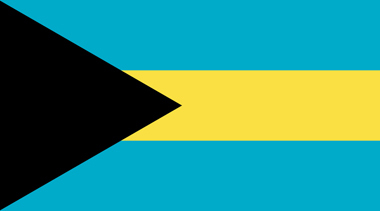
Bahamas Dealing in Securities License
Bahamas Dealing in security license authorizes a company to act as intermediary in the execution of securities transactions for clients, and trade in securities as principal with the intention of reselling these securities to the public.
Learn more
-
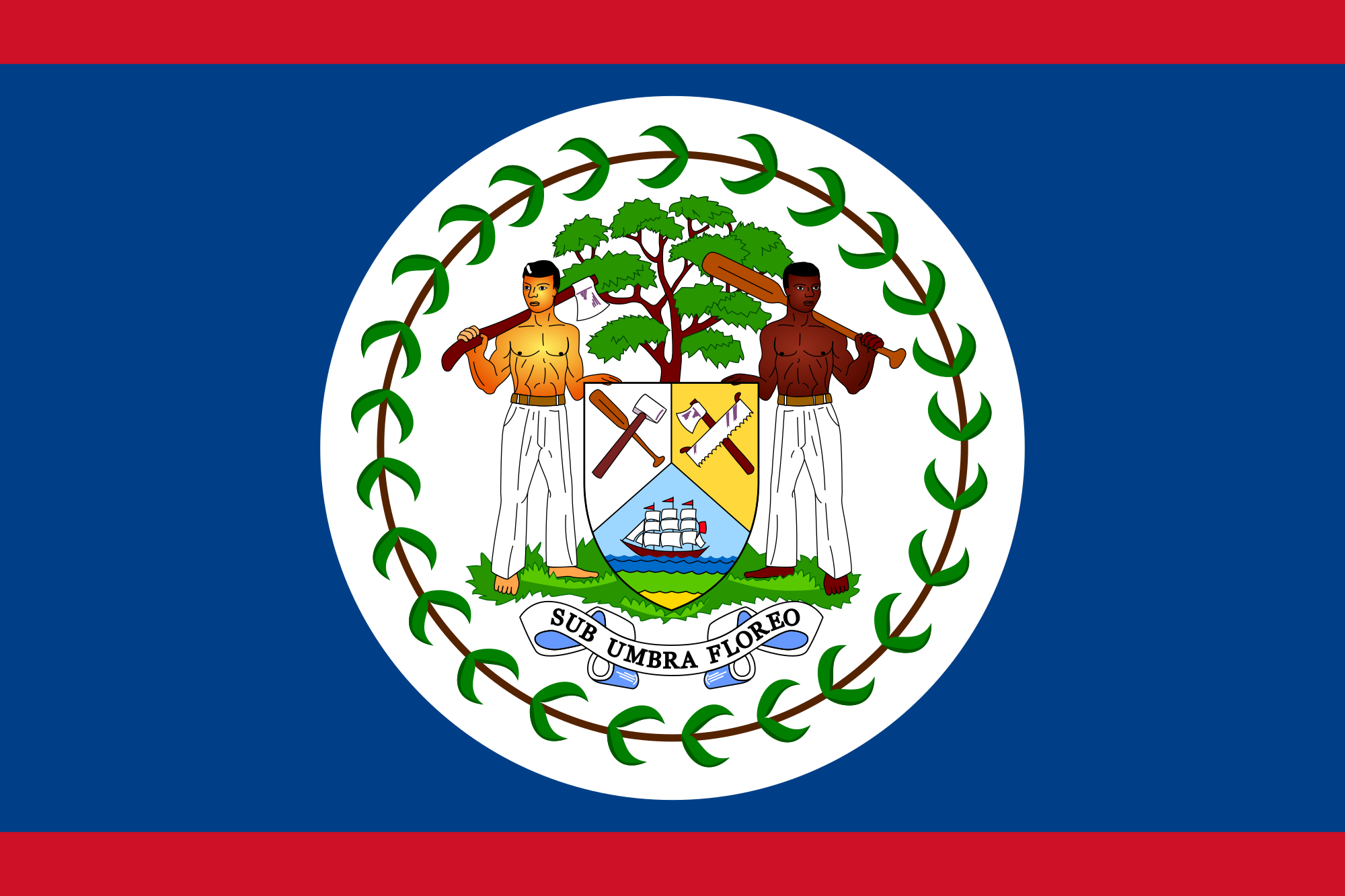
Belize Forex License
Belize is an economically and financially stable country and is a great place for forex broker companies since it is one of the most known offshore jurisdictions with a well-developed legal framework.
Learn more
-
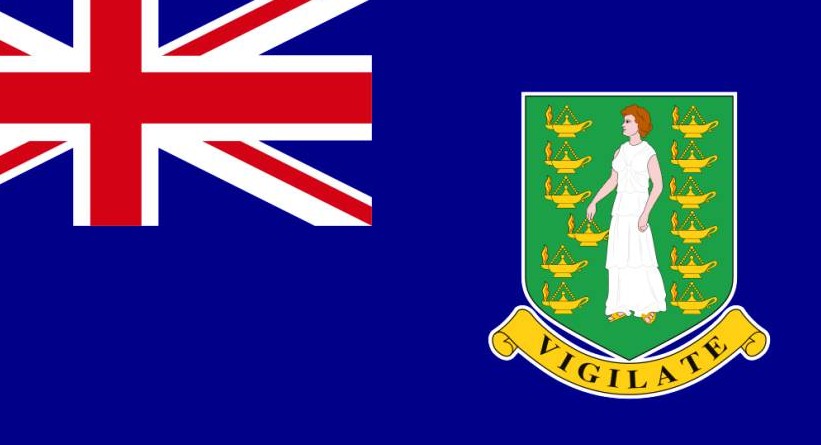
British Virgin Islands Forex License
British Virgin Islands (BVI) often referred to as “offshore tax heaven” is one of the most popular forex jurisdictions due to absence of profit, corporation and capital gains tax.
Learn more
-
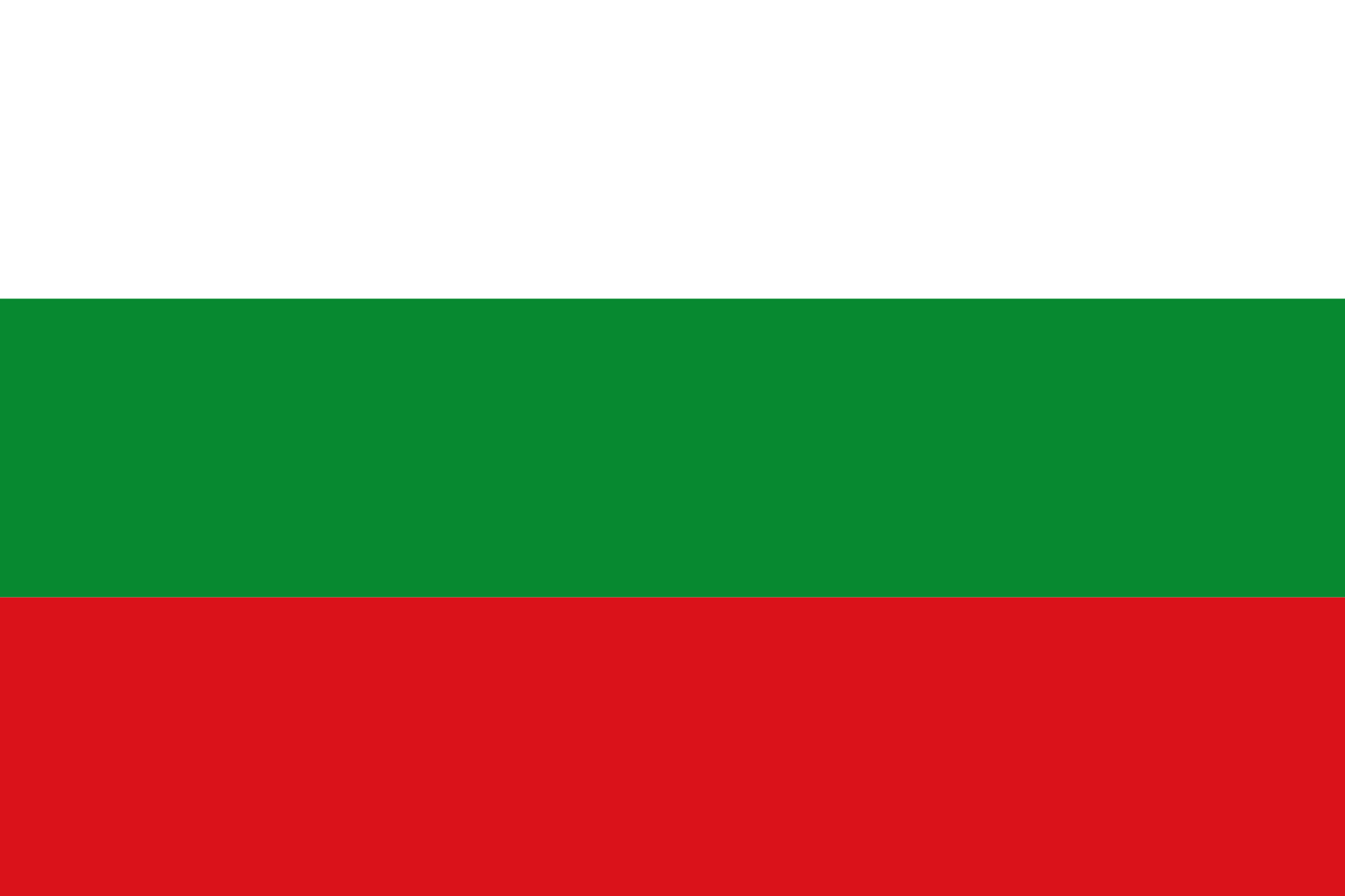
Bulgaria Forex License
Bulgaria has a strategic location, allowing investors to access the entire EU and the markets of central and Eastern Europe. Bulgaria has a predictable and stable economy and government, and boasts the lowest corporation tax in the EU at only 10%. In order to provide brokerage services it is required to become an Investment Intermediary regulated by the Financial Supervision Commission of Bulgaria.
Learn more
-

Cayman Islands Securities Investment Business License
The Cayman Islands are located in western Caribbean, and are known as one of the major financial centers in the world. In contrast to classic offshore jurisdiction, Cayman financial services industry is well-regulated thus having very positive reputation among investors.
Learn more
-

Comoros International Brokerage and Clearing House License
In order to apply for a license the applicant must first establish an International Business Company (IBC) in Comoros. This process takes approximately 48 hours from receipt of the relevant documentation.
Learn more
-
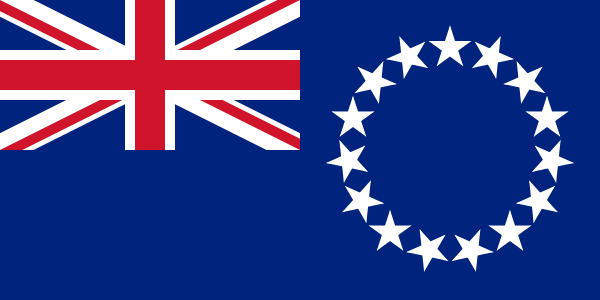
Cook Islands Money Changing-Remittance License
Cook Islands offers three types of licenses for international companies with different business activities. Combined license is the one to be chosen if you wish to conduct Forex brokerage business.
Learn more
-
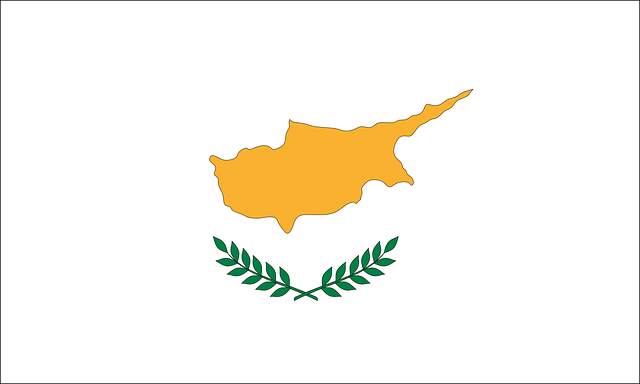
Cyprus Forex License
Cyprus offers a very well established environment for a Forex broker firm. It is a well-known and is one of the top choices in the EU for acquiring of a financial license. It follows very strict rules and regulations as implemented by the financial services authority of Cyprus (CySEC – The Cyprus Securities and Exchange Commission).
Learn more
-

Fiji Foreign Exchange Dealer License
The Fiji Islands are located in region of Oceania. Company in Fiji is an excellent way for international entrepreneurs to conduct business in one of the world's most rapidly growing economies. In contradistinction to classic offshore jurisdiction, Fiji Islands are having very positive reputation among investors.
Learn more
-

Hong Kong Type 3 (Leveraged Foreign Exchange Trading) License
Securities & Futures Ordinance defines 10 different types of regulated activities. Type 3 license for Leveraged Foreign Exchange trading allows a Licensed Corporation to buy or sell foreign exchange for clients on a margin basis.
Learn more
-

Labuan Money Broking License
Labuan serves as an attractive place for setting up forex brokerage business in the Malaysia region and provides relatively favourable corporate taxes.
Learn more
-
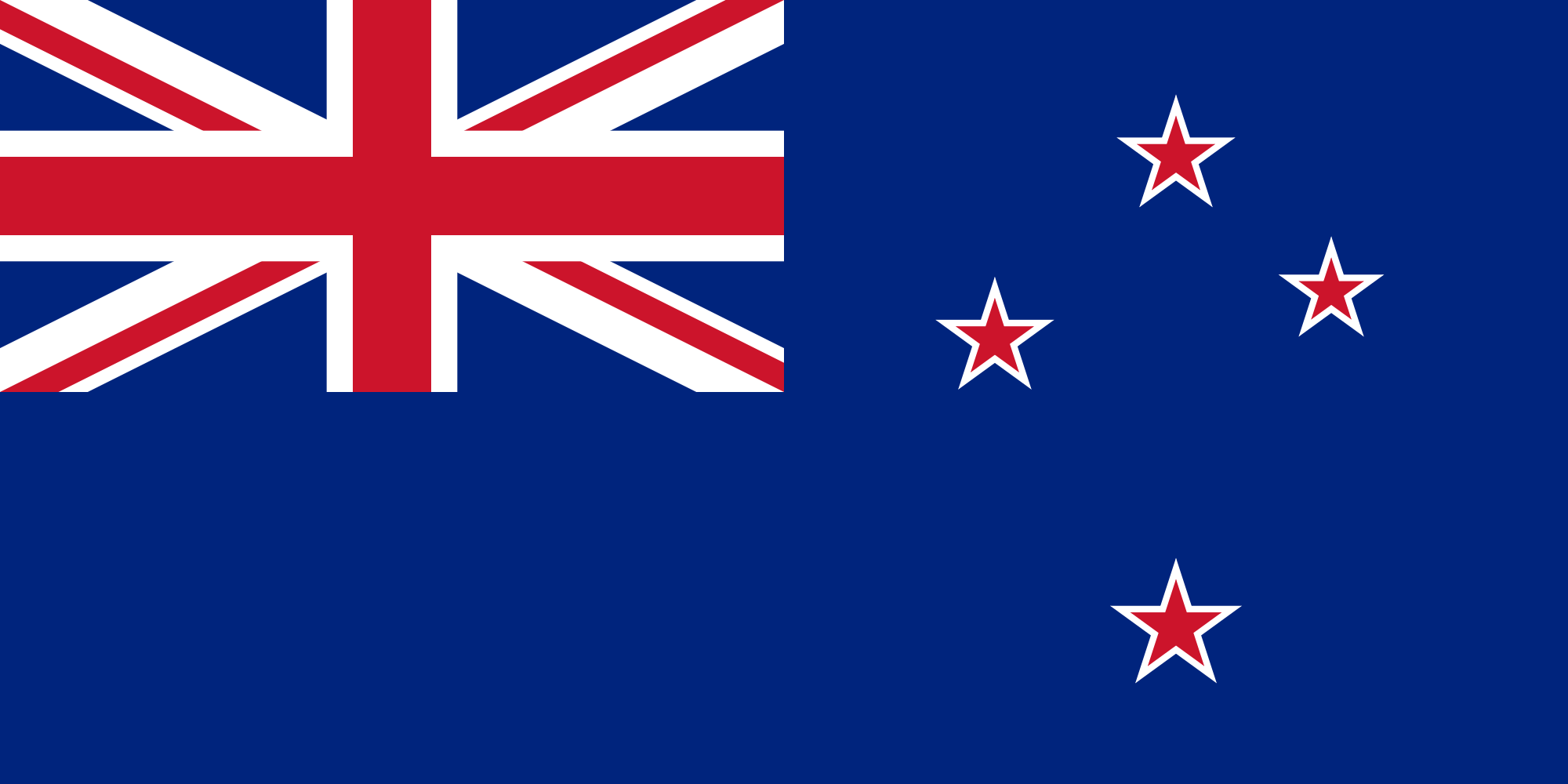
New Zealand Forex License
There is a unique type of license called Financial Service Provider or FSP in New Zealand, which is considered a well-reputed onshore jurisdiction, therefore, it is not blacklisted by any country around the world or any foreign financial institution. Moreover, it is a member state of the OECD and WTO.
Learn more
-

Seychelles Securities Dealer License
Dealers in Securities license allows the company to trade in securities as a principal or as an agent. Seychelles Financial Services Authority is the body that regulates the licensing in Seychelles under the Securities Act 2007 and its Regulations. Therefore, the relevant Authority is able to issue the Dealers in Securities license either Unrestricted, Restricted and Exempt Overseas.
Learn more
-
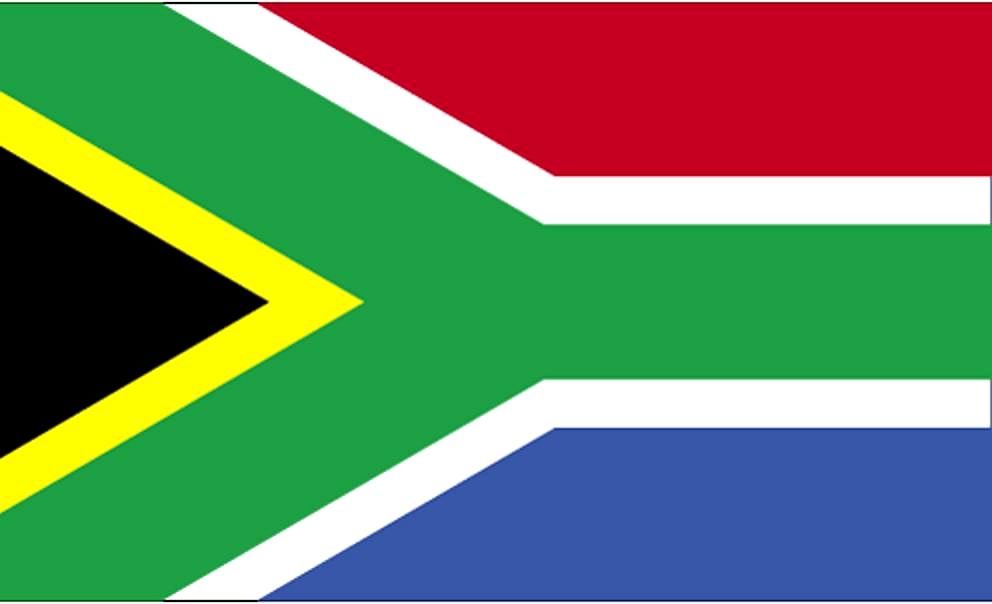
South Africa Forex License
The Financial Services Board of South Africa (FSB) is a supervisory body of financial services industry in South Africa under the Financial Advisory and Intermediary Services Act 37 of 2002 (FAIS Act). The company that intends to conduct Forex business on a discretionary basis must obtain a Category II Discretionary FSP license with FSB.
Learn more
-

St.Lucia Company Formation
St. Lucia Company Formation: Your Strategic Gateway to Global Success In an ever-evolving global market, the choice of jurisdiction for your company formation is pivotal. St. Lucia stands out as a beacon of opportunity for businesses aiming to tap into international markets with ease and efficiency. Offshorelicense, with its proven expertise and commitment to excellence, offers a bespoke St. Lucia Company Formation service designed for entrepreneurs who demand the best.
Learn more
-
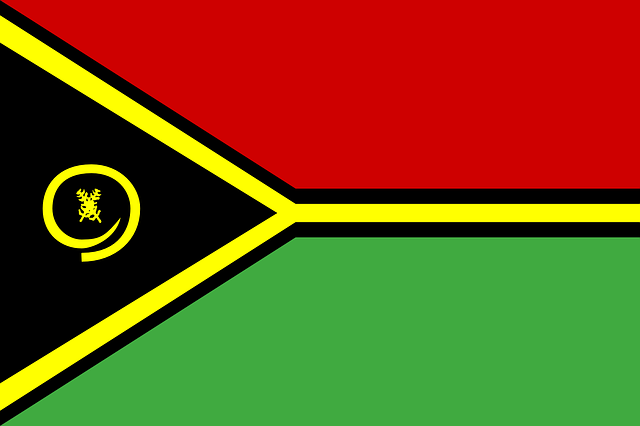
Vanuatu Dealer's in Securities License
Vanuatu is a great place for launching forex brokerage company due to its low capital requirements and variety of tax benefits.
Learn more
-
-
Gambling Licenses 7 licenses available-

Alderney Gambling License
Alderney has well developed jurisdiction and infrastructure for providing online gambling services and products with different licenses and certificates that provide with various business operating opportunities.
Learn more
-
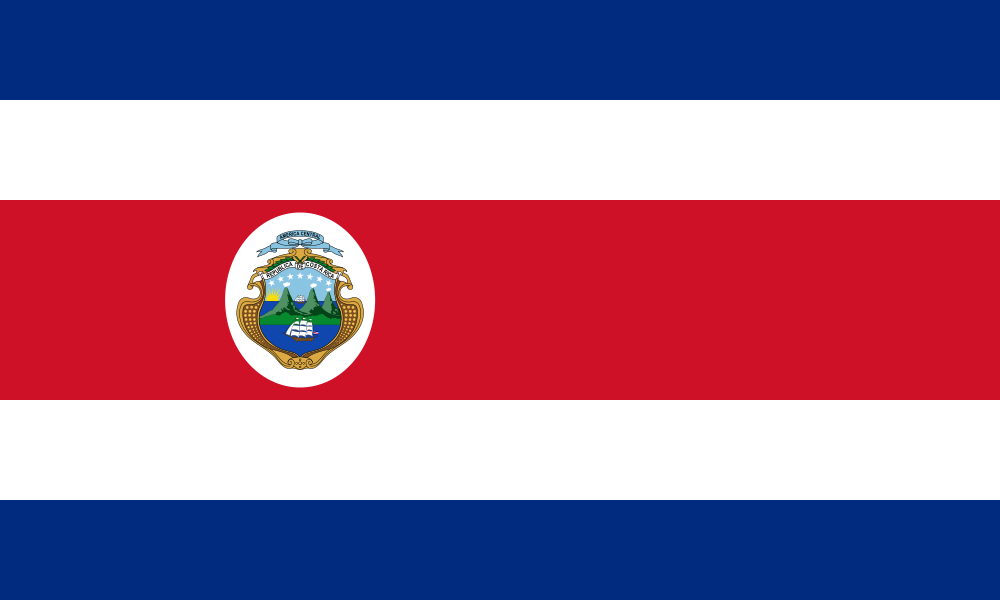
Costa Rica Gambling License
Costa Rica is an independent country located in Central America and is bordered by Nicaragua to the north, Caribbean Sea to the east, Panama to the southeast and Pacific Ocean to the west. Costa Rica is popular for the low company setup expenses and absence of online gambling regulation and licenses.
Learn more
-
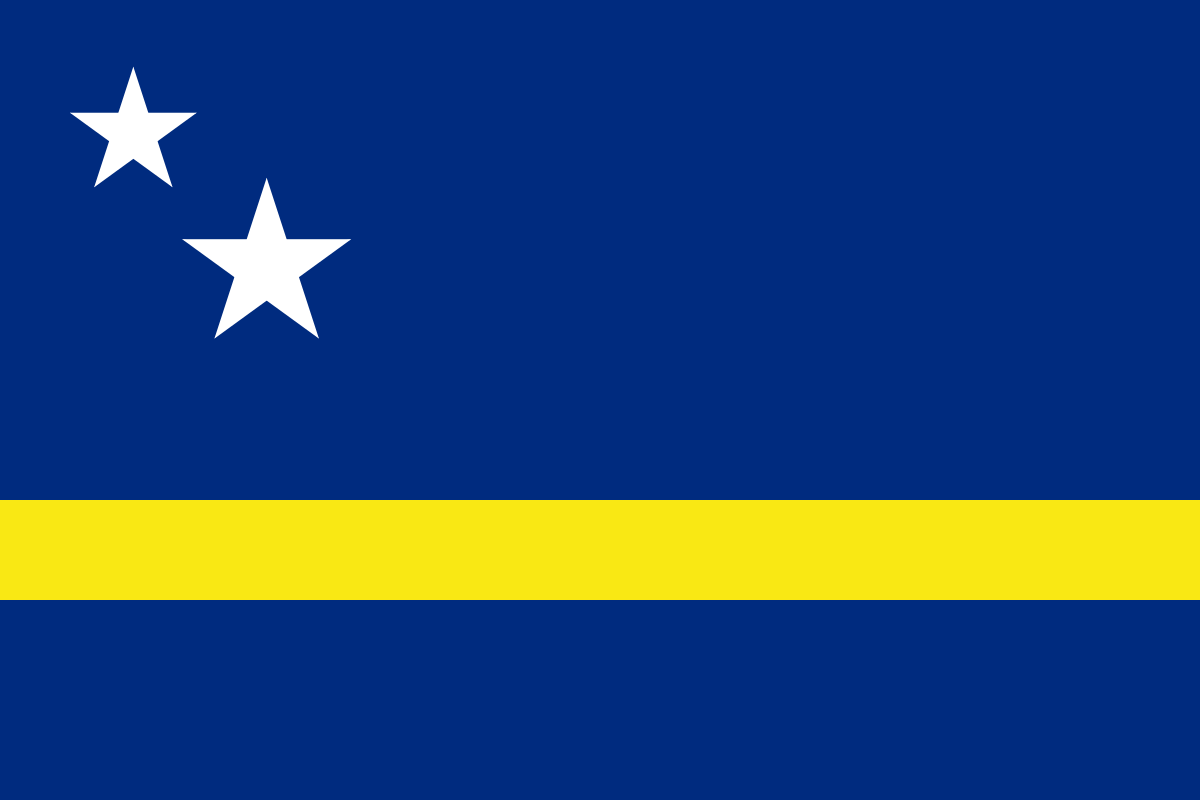
Curacao Gambling License
Curaçao is one of the oldest and most politically stable providers of regulated eGaming services.
Learn more
-
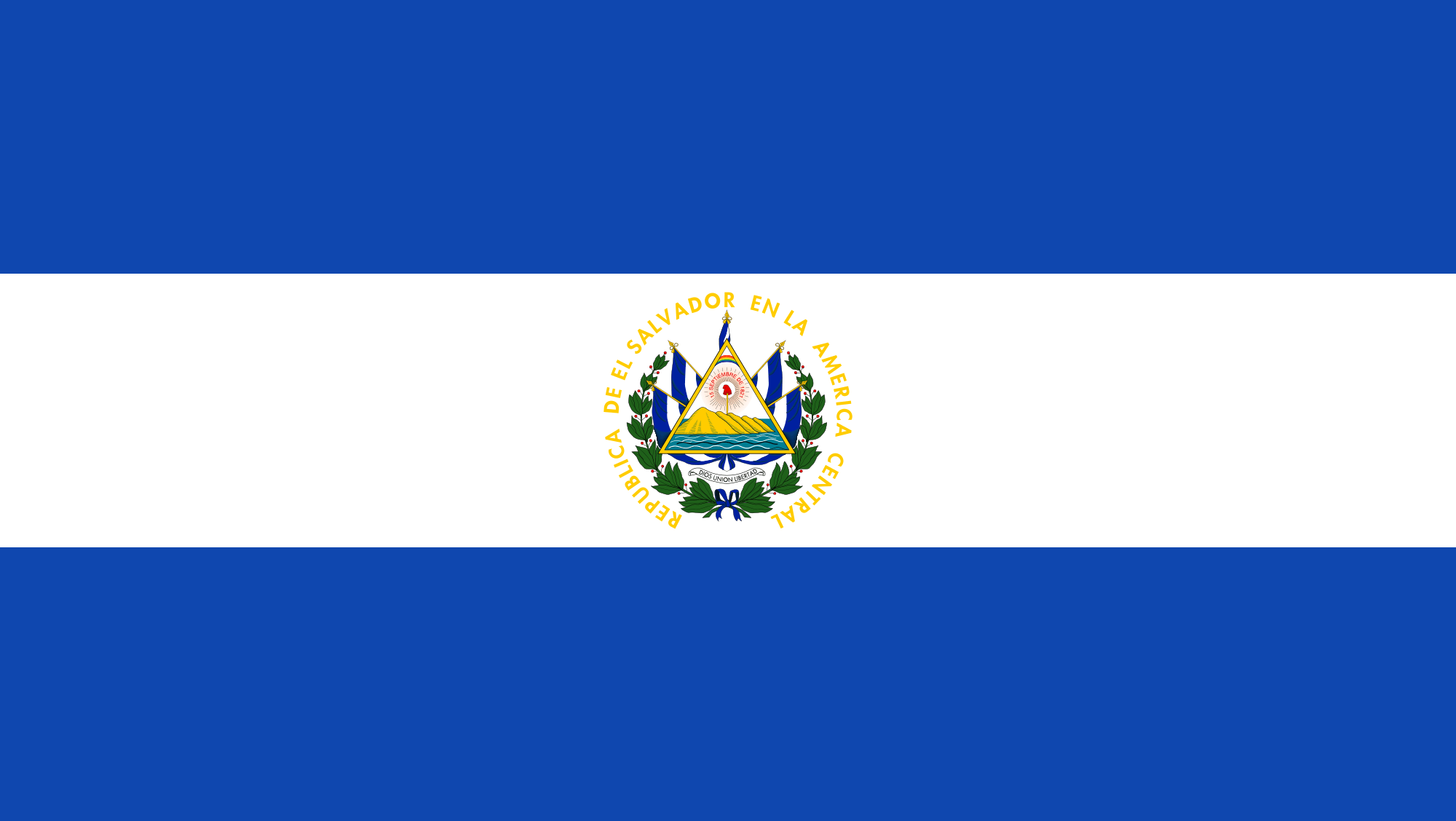
El Salvador Online Gambling Company Formation
El Salvador is a country on the Pacific Coast of Central America. It’s development strategy is based on a policy of openness to international trade and investment, therefore this country has an open attitude towards foreign direct investments.
Learn more
-

Gibraltar Gambling License
The location of Gibraltar and the important role of Tourism in its economy prompted the Government to look into gambling as a new source of revenue. Gibraltar has been one of the pioneers in relation to the licensing and regulation of online gambling services.
Learn more
-

Isle of Man Gambling License
Although, Isle of Man is under British dependency, it is self-governing and not bound by the laws of the UK. The Island is famous as a low tax economy with zero capital gains tax, wealth tax, stamp duty, or inheritance tax. Also, the island is extremely favorable for business as it has 0% Corporate Income Tax. It is considered as a banking and financial services hub with tourism also making a significant contribution to the economy.
Learn more
-

Malta Gambling License
Malta is part of the European Union which makes it a very attractive jurisdiction to obtain a gambling license in. It comes with tax incentives and an expert work force.
Learn more
-
-
ICO and Crypto Setups 18 licenses available-

Australia Crypto License
An Australian Financial Services (AFS) licence allows holders to: Offer financial product advice Deal in financial products Operate financial markets and schemes Provide custodial, depository, trustee, crowd-funding, claims handling, and superannuation trustee services ASIC evaluates AFS licence applications by assessing the applicant's competence, financial resources, and ability to meet regulatory obligations. Note that licensing is a one-time assessment of the business, not its owners or employees. Holding an AFS licence ensures adherence to basic standards like training, compliance, insurance, and dispute resolution, but does not guarantee service quality.
Learn more
-

Bermuda Digital Asset license
The Digital Asset Business Act 2018 (the "DABA") in Bermuda became operative with effect from 10 September 2018, creating a legislative framework for digital asset business and services to be operated within a regulated environment in or from within Bermuda.
Learn more
-
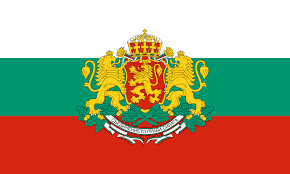
Bulgaria Crypto License
In Bulgaria, obtaining a crypto license involves registering a company with the Bulgarian Commercial Register, typically as an LLC, and complying with the regulatory requirements set by the Financial Supervision Commission (FSC). The application process includes submitting a detailed business plan, AML/KYC policies, risk management procedures, and information about key personnel. The FSC reviews the application to ensure the business meets the necessary standards for financial stability and regulatory compliance. Once approved, the license permits the company to legally operate crypto-related services within Bulgaria. Ongoing compliance with regulatory standards is mandatory, including regular reporting and audits. Engaging legal and professional advisors can streamline the application process and ensure adherence to all legal obligations.
Learn more
-

Cryptocurrency Exchange License in El Salvador
El Salvador adopted Bitcoin as legal tender in June 2021 and became the first country to officially recognize the digital currency at the national level. The government's rapid development of the cryptocurrency sector is supported by tax incentives and exemptions for companies with a cryptocurrency license in El Salvador. Timeframe: within 3 – 4 months Minimum capital requirement: Share capital of 2000 USD (the Law allows the granting of the respective Deed by paying only 5% of the minimum capital stock with the amount of 100 USD)
Learn more
-
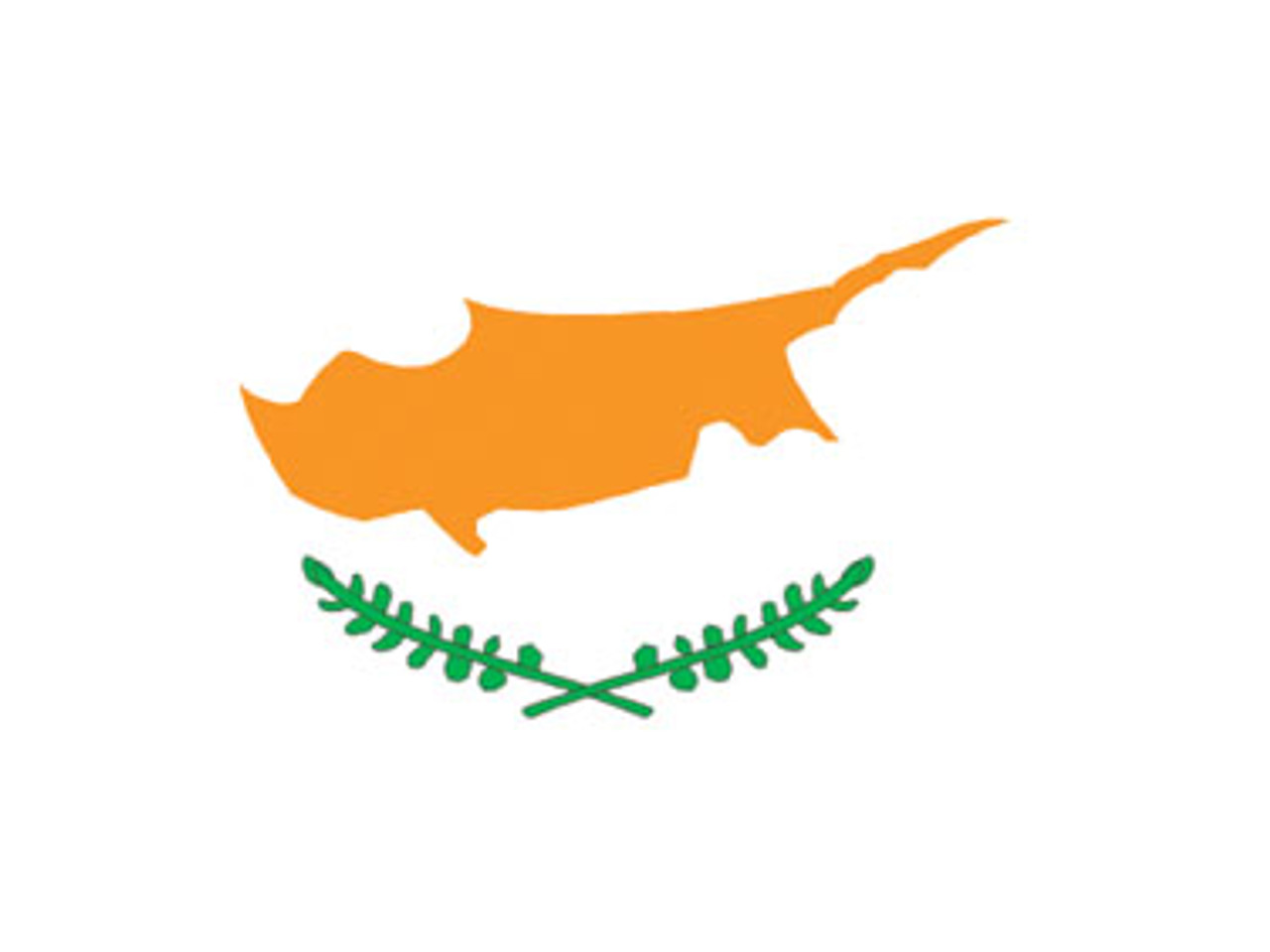
Cyprus Crypto License
In Cyprus, obtaining a crypto license involves registering a company and adhering to the regulations set by the Cyprus Securities and Exchange Commission (CySEC). The application process requires submitting a detailed business plan, AML/KYC policies, risk management procedures, and information about the company's directors and shareholders. CySEC evaluates the application to ensure that the business meets financial stability, regulatory compliance, and governance standards. Once the license is approved, the company can legally offer cryptocurrency-related services such as trading, exchange, and custody within Cyprus. Ongoing compliance with CySEC regulations, including regular reporting, audits, and adherence to AML/KYC protocols, is essential for maintaining the license. Engaging with legal and financial advisors experienced in Cypriot financial regulations can help streamline the licensing process and ensure full compliance.
Learn more
-

Estonia Crypto License
Estonia is a key hub for crypto businesses due to its progressive regulatory framework. The Estonian Financial Intelligence Unit (FIU) requires crypto exchanges and wallet providers to obtain a Virtual Currency Service Provider license, ensuring compliance with KYC, AML, and cybersecurity standards. This structure provides stability and confidence for investors and businesses. Estonia’s efficient application process and digital infrastructure attract crypto enterprises. The e-residency program allows global entrepreneurs to manage EU-based companies online. Clear and adaptable regulations keep pace with market changes, enhancing Estonia's appeal as a leading jurisdiction for crypto operations.
Learn more
-

Georgia Crypto License
Georgia has become an attractive destination for cryptocurrency businesses due to its favorable regulatory environment and supportive government policies. The National Bank of Georgia oversees the regulation of crypto activities, ensuring compliance with local laws and international standards. To operate legally, crypto exchanges and related businesses must obtain a license, which involves meeting stringent requirements such as robust anti-money laundering (AML) measures and thorough know-your-customer (KYC) procedures. Additionally, Georgia’s streamlined application process and competitive tax incentives make it an appealing choice for crypto enterprises. The country’s proactive approach to digital innovation and regulatory clarity fosters a stable environment for crypto operations. This combination of regulatory support and business-friendly policies enhances Georgia's reputation as an emerging hub for cryptocurrency businesses.
Learn more
-
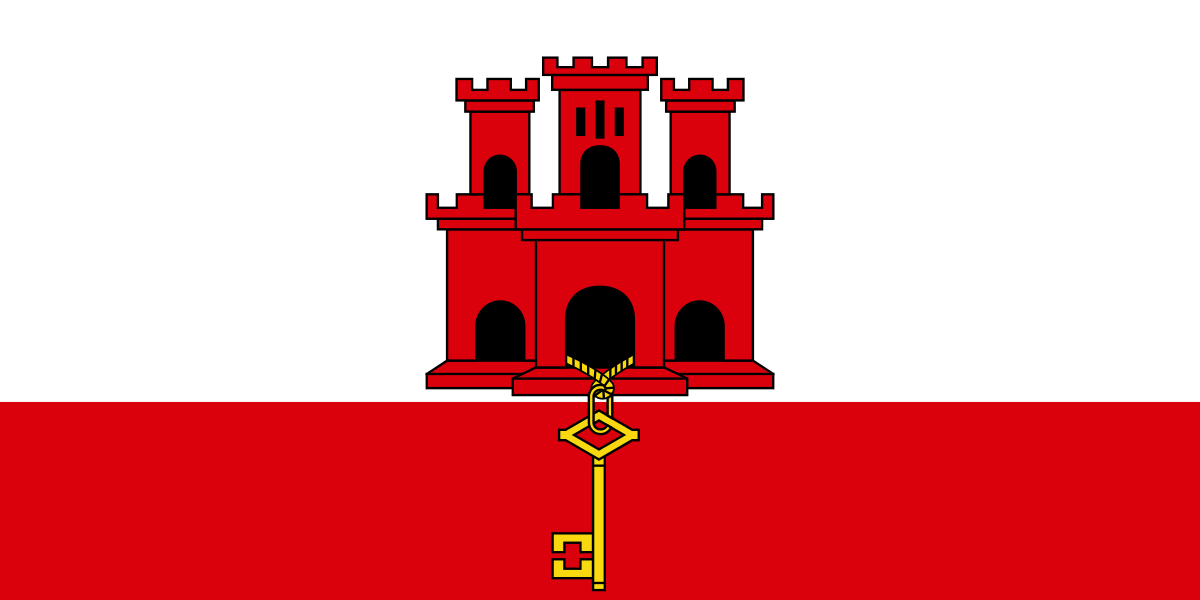
Gibraltar Crypto License
As of January 2018, a new regulatory framework for Distributed Ledger Technology (DLT) is becoming operational. Companies, that operate in or from Gibraltar within the field of virtual currency exchange are required to apply for DLT License under HM Government of Gibraltar.
Learn more
-

Japan Virtual Currency Exchange Provider’s License
As of April 1, 2017, the amended Payment Services Act came into effect and as of that moment operators of Virtual Currency exchange business are required to be registered with the Japanese Financial Services Agency.
Learn more
-
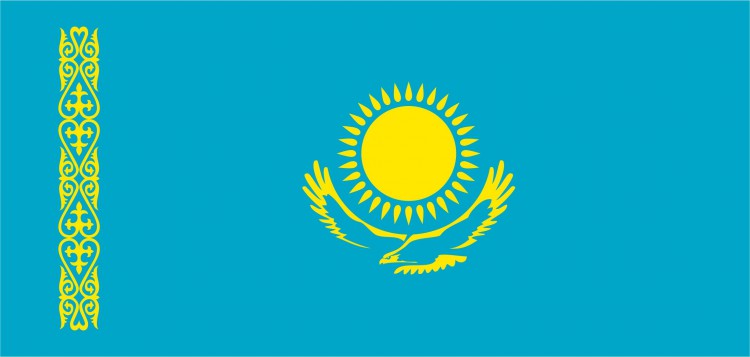
Kazakhstan Crypto License
Kazakhstan is gaining recognition as a favorable destination for cryptocurrency businesses due to its proactive regulatory framework and supportive government stance. The Astana International Financial Centre (AIFC) oversees crypto activities, ensuring compliance with local and international standards. To operate legally, crypto exchanges and related businesses must obtain a license from the AIFC, which requires adherence to strict anti-money laundering (AML) measures and know-your-customer (KYC) procedures. Furthermore, Kazakhstan’s efficient licensing process and strategic location make it an attractive choice for crypto enterprises. The government's commitment to fostering a digital economy and clear regulatory guidelines provide a stable and secure environment for crypto operations. This supportive atmosphere, combined with Kazakhstan's growing technological infrastructure, positions the country as a promising hub for cryptocurrency businesses.
Learn more
-

Labuan Crypto License
A credit token business under Labuan Law is defined as any business where a token, being a cheque, card, voucher, stamp, booklet, coupon, form or other document or thing is given or issued to a person by the person carrying on the business.
Learn more
-

New Zealand Crypto License
New Zealand is a prime destination for cryptocurrency businesses due to its robust regulatory framework and supportive environment. The Financial Markets Authority (FMA) regulates crypto activities, ensuring compliance with the Financial Markets Conduct Act 2013. Crypto exchanges must obtain an FMA license, meeting strict requirements for investor protection and market integrity, including AML, CTF, and KYC regulations. <p><p> New Zealand's proactive crypto regulation shows its commitment to innovation and consumer protection. The clear licensing process attracts blockchain and crypto enterprises, involving thorough scrutiny, background checks, financial audits, and strong security measures. This approach mitigates risks and enhances New Zealand's reputation as a leading hub for fintech, making it appealing to companies navigating global crypto regulations.
Learn more
-

Norway Crypto License
Norway presents an evolving landscape for cryptocurrency businesses, characterized by a regulatory framework aimed at balancing innovation with investor protection. The Financial Supervisory Authority of Norway (Finanstilsynet) oversees crypto-related activities, emphasizing compliance with stringent anti-money laundering (AML) and consumer protection regulations. To operate legally, crypto exchanges and service providers must navigate these regulations, ensuring robust security measures and transparent operational practices. Despite its cautious approach, Norway's regulatory environment is adaptive, aiming to foster technological innovation while safeguarding financial integrity. The country's commitment to transparency and regulatory clarity enhances trust among investors and businesses alike, positioning Norway as a potential destination for cryptocurrency ventures seeking a stable and compliant jurisdiction.
Learn more
-

Singapore Crypto License
In Singapore, obtaining a crypto license requires compliance with the regulations set by the Monetary Authority of Singapore (MAS) under the Payment Services Act. Companies intending to offer cryptocurrency services must register and apply for either a standard payment institution license or a major payment institution license, depending on the scale of their operations. The application process involves submitting a comprehensive business plan, robust AML/CFT (Anti-Money Laundering and Countering the Financing of Terrorism) policies, risk management strategies, and detailed information about the company's key personnel. Once granted, the crypto license allows the company to legally operate in Singapore, offering services such as digital payment token services, exchanges, and wallet services. Maintaining the license requires ongoing compliance with MAS regulations, including regular reporting, audits, and adherence to strict AML/CFT standards. Engaging with legal and regulatory experts who specialize in Singaporean financial laws can facilitate the application process and ensure continuous compliance.
Learn more
-

Slovakia Crypto License
In Slovakia, obtaining a crypto license requires registering a business with the Slovak Commercial Register and complying with the regulatory standards set by the Financial Market Authority. The process involves submitting a comprehensive application, which includes a business plan, AML/KYC policies, and detailed information about the company's key personnel and their qualifications. The authorities assess the application to ensure the business meets financial stability and regulatory compliance standards. Once the license is granted, it allows the company to operate legally within Slovakia's crypto market, offering services such as trading, exchange, and custody of cryptocurrencies. Ongoing compliance with regulatory requirements, including regular reporting and adherence to AML/KYC standards, is essential to maintain the license. Engaging professional advisors familiar with Slovak financial regulations can help streamline the process and ensure full compliance.
Learn more
-

South Africa Crypto License
In South Africa, obtaining a crypto license involves adhering to the regulations set by the Financial Sector Conduct Authority (FSCA). Prospective crypto service providers must register their businesses and comply with the Financial Intelligence Centre Act (FICA), which mandates strong AML/KYC policies. The application process includes submitting a detailed business plan, risk management strategies, and information about key personnel. The FSCA assesses the application to ensure the business is financially stable and compliant with regulatory standards. Once granted, the crypto license allows the company to legally offer cryptocurrency-related services within South Africa, such as trading, exchanges, and custody services. Maintaining the license requires ongoing compliance with FSCA regulations, including regular reporting and continuous adherence to AML/KYC standards. Engaging with legal and financial advisors who specialize in South African financial regulations can help streamline the application process and ensure compliance.
Learn more
-

Switzerland Crypto License
In Switzerland cryptocurrencies and exchanges are legal, and the country has adopted a remarkably progressive stance towards cryptocurrency regulations.
Learn more
-

UK Crypto License
Starting your Crypto Exchange company in the UK is a great choice due to the absence of any specific regulation of the industry by the Financial Conduct Authority. However, it is highly recommended that Crypto Exchange Companies completed an analysis of their planned activity in order to clarify whether the particular Crypto Exchange project complies with the legislation of the United Kingdom.
Learn more
-
-
Investment Funds Licenses 8 licenses available-
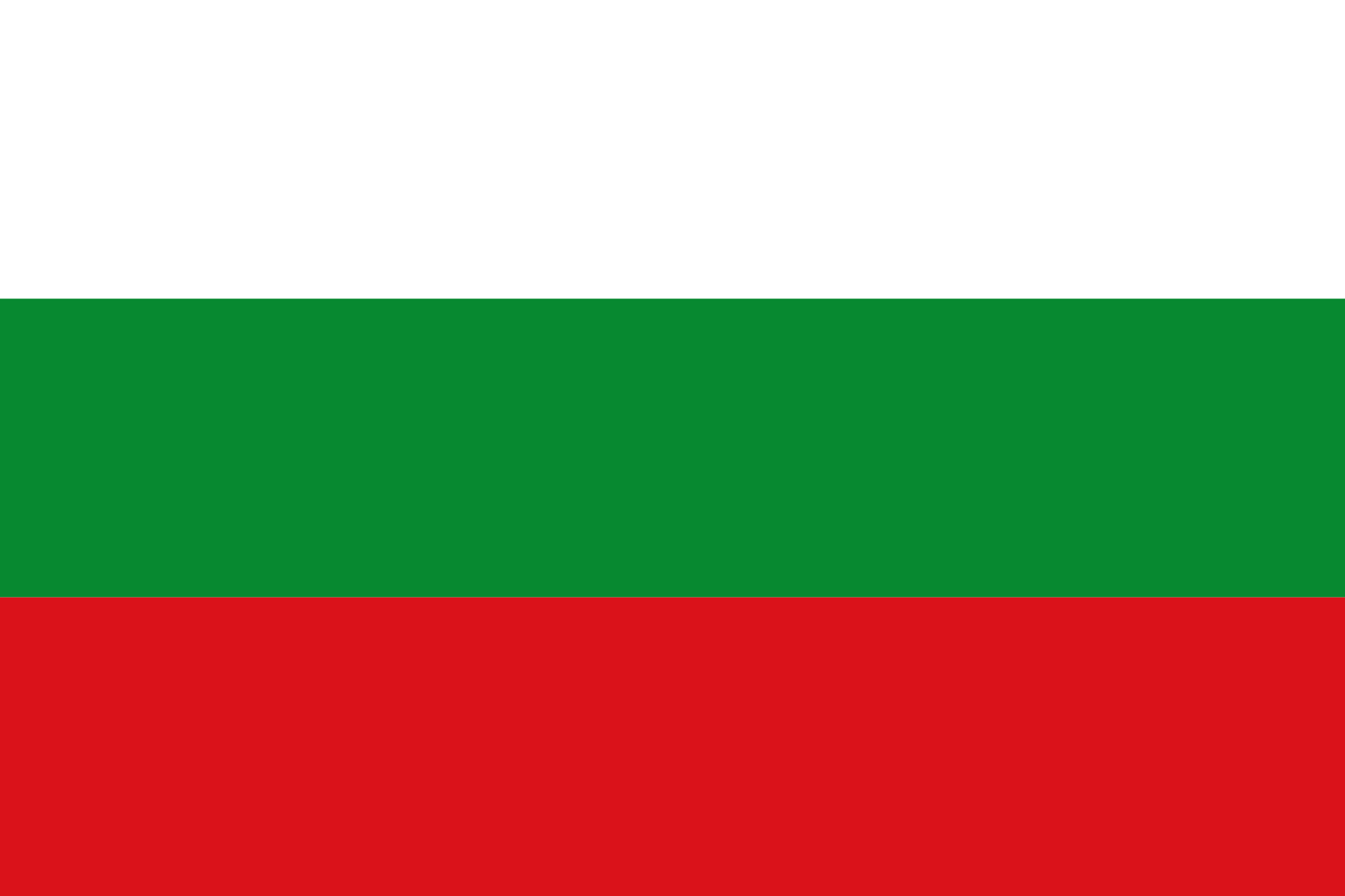
Bulgaria Portfolio Management License
Bulgaria is the best solution for applicant who prefer to direct their business to the European Union market, as well as the markets of central and Eastern Europe. The activities of Bulgarian licensed entities are supervised by Financial Supervision Commission of Bulgaria (FSC) and governed by Financial Supervision Commission Act and the MiFID Directive.
Learn more
-

Cayman Islands Securities Investment Fund License
The Cayman Islands are located in western Caribbean, and are known as one of the major financial centers in the world. In contrast to classic offshore jurisdiction, Cayman financial services industry is well-regulated thus having very positive reputation among investors.
Learn more
-
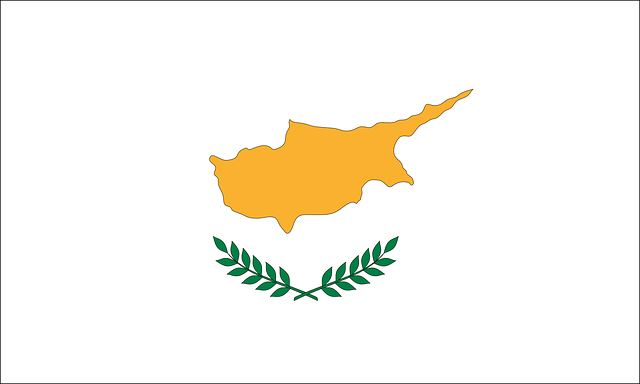
Cyprus Investment Fund License
Cyprus is a resilient and dynamic business center, offering a business-friendly, international and cost-effective environment for the operating companies in this jurisdiction. Also, it is a well-regulated EU member state, combines tax efficient features of a modern financial center with the necessary infrastructure for the investment fund industry.
Learn more
-

Hong Kong Type 9 (Asset Management) License
For individuals and corporations seeking to enter the securities and futures markets of Hong Kong, the Securities and Futures Commission (SFC) is the gatekeeper of standards, administrating the SFO (Securities & Futures Ordinance). SFO stipulates regulated activity and provides detailed definition for each of them, Type 9 license covers the provision of a service to manage a portfolio of securities or futures contracts for another person.
Learn more
-

Labuan Fund Management License
Labuan offshore company is a good base for starting Fund Management business. Licensed Labuan Fund Manager is authorized to provide management and administrative services (managing client’s discretionary accounts, acquire or dispose a portfolio of securities), advise on investments, deal in securities.
Learn more
-

Luxembourg Investment Fund License
Luxembourg is one of the most experienced and dynamic global investment fund centers in Europe. The success of the country can be attributed to political stability, the encouragement to foreign capital and investment, favorable and well-defined legislation, availability of multilingual staff and professional expertise.
Learn more
-
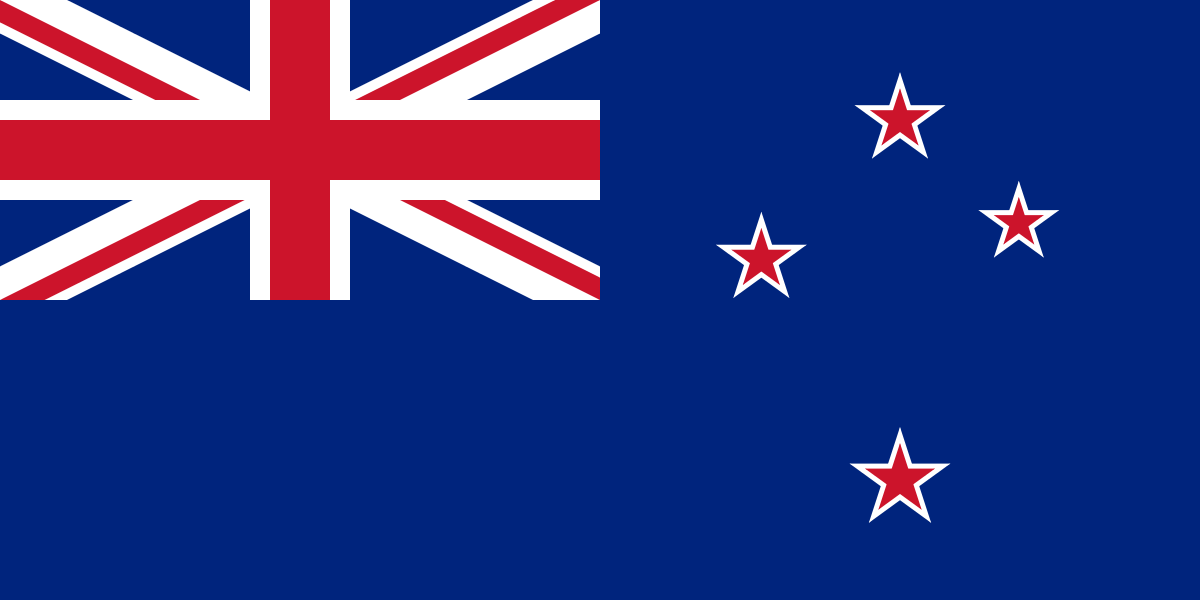
New Zealand Asset Management License
New Zealand has become a preferred destination for foreign investors searching for a well-reputed onshore jurisdiction with a favorable environment for establishing an entity allowed to provide a wide range of financial services.
Learn more
-

Switzerland Portfolio Management (ARIF Registration)
Switzerland is widely known as one of the most reputable and business-friendly jurisdictions. A company can be authorized to conduct portfolio management by a local non-governmental organization – “Association Romande des Intermédiaires Financiers” which acts on behalf of Financial Markets Authority.
Learn more
-
-
Payment Intermediary and Bank Licenses 12 licenses available-

Bahamas Payment Services Provider License
The Bahamas is an attractive location for Payment Service Providers’ (PSP) institutions for a number of reasons. Due to the great number of advantages, the amount of licensed Payment Service Providers (PSP) in Bahamas has significantly grown over the past few years.
Learn more
-
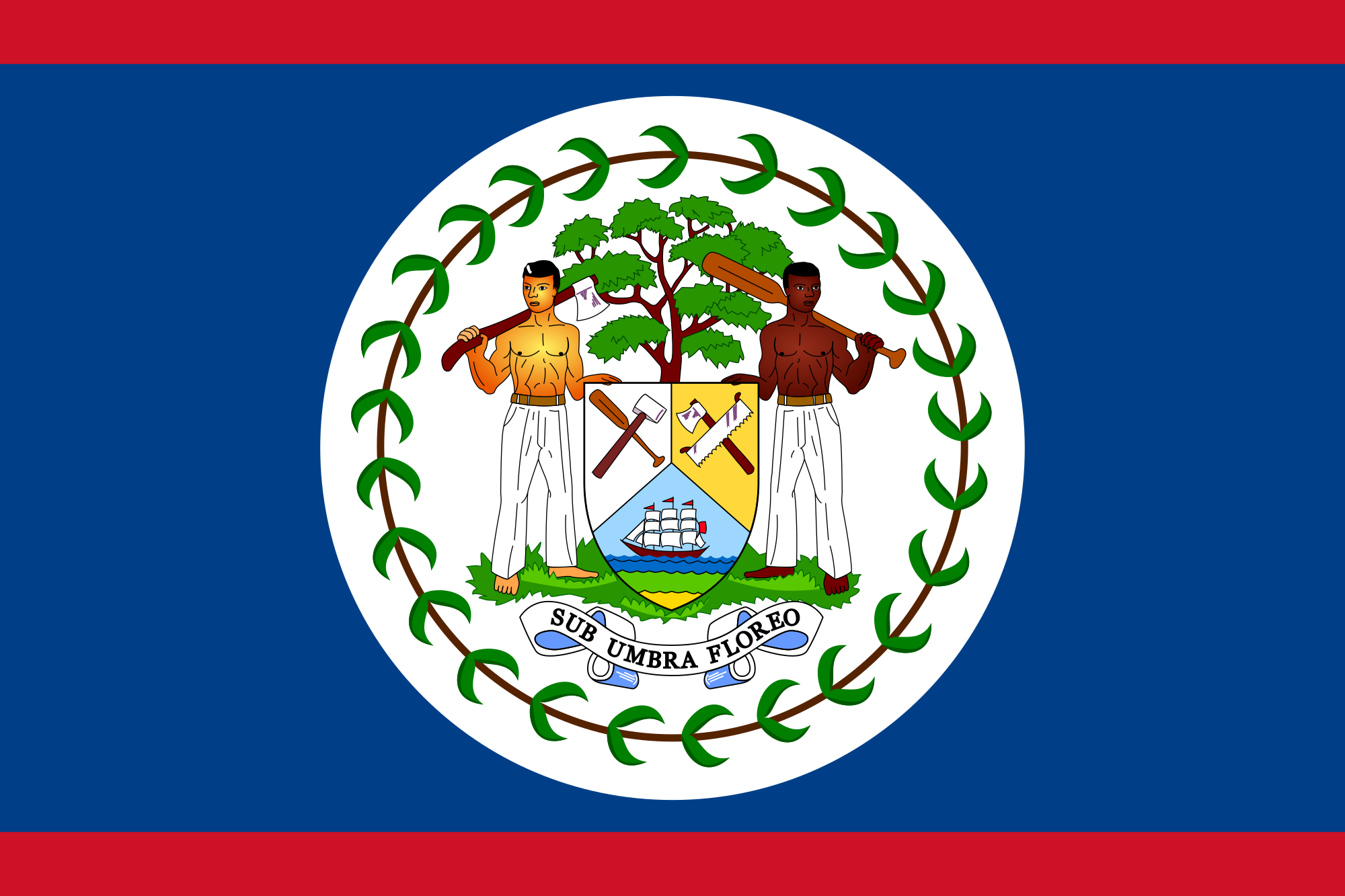
Belize Money Transmission License
Belize provides possibility for financial service providers to obtain different financial licenses with local Regulator - IFSC. Belize licensed entities enjoy high level of confidentiality, tax exemption and other benefits of modern and user-friendly offshore legislation.
Learn more
-

Czech Republic Electronic Money License
Electronic Money Institution (EMI) is a legal entity which can issue and distribute electronic money and provide payment services.
Learn more
-

Czech Republic PSP License
PSP is a legal entity which can provide merchant accounts to merchants who want to accept payments and process them. To be able to work as a PSP, a legal entity must obtain a PSP (the License), supervised by Czech National Bank (CNB).
Learn more
-

Czech Republic small Electronic Money Institution License
Electronic Money Institution (EMI) is a legal entity which can issue and distribute electronic money and provide payment services. To be able to issue electronic money and provide services associated with it, a legal entity must obtain a small Electronic Money License (the License), supervised by Czech National Bank (CNB). An authorized EMI exchanges virtual electronic money (issued by EMI) for the funds of customers in form of cash.
Learn more
-

Czech Republic small PSP License
PSP is a legal entity which can provide merchant accounts to merchants who want to accept payments and process them. To be able to work as a PSP, a legal entity must obtain a small PSP (the License), supervised by Czech National Bank (CNB).
Learn more
-

Georgia Payment Service Provider Authorization (PSP)
Payment Service Provider authorization issued by the National Bank of Georgia allows a legal entity to manage payment systems within the territory of Georgia and to provide services stipulated in the Law of Georgia on payment systems and payment services.
Learn more
-

Labuan Investment Banking License
Labuan, a special region of Malaysia which addresses mainly to offshore companies and which provides an attractive taxation system, offers several types of banking licenses available for both local and foreign investors who want to establish a bank in this location.
Learn more
-

Lithuania Payment Institutions License
In order to provide payment services a payment institution is to be licensed by the Bank of Lithuania. A Lithuanian licensed payment institution may perform services such as money remittances, payment transactions, cash deposit and cash withdrawal services, and other closely related to those services. However, a payment institution may not accept deposits from unprofessional market participants and issue electronic money.
Learn more
-

Mauritius Global Business License (GBL), PIS
For the eighth consecutive year, the World Bank's 2016 Ease of Doing Business report ranks Mauritius 1st among African economies and 32nd worldwide out of 189 economies in terms of ease of doing business, making Mauritius the leader in economic freedom for the region of Sub-Saharan Africa.
Learn more
-

St. Vincent and Grenadines International Banking License
Saint Vincent and the Grenadines grants fair opportunities for setting up an International Bank as well as provides great business advantages – Banks are exempt from any taxes. Registration of International banks is governed by the International Banks Act of 2004 and Regulations. Supervision body for International banks is the Financial Services Authority.
Learn more
-
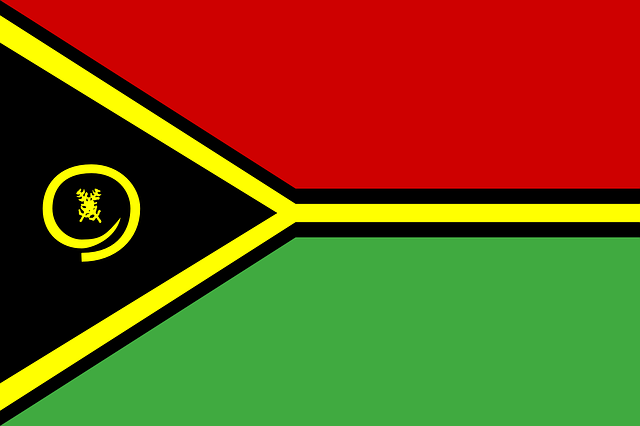
Vanuatu International Bank License
Issue of the International Bank license and regulation of the business activities undertaken by the licensees fall under the International Banking Act of 2002 and are controlled by the Reserve Bank of Vanuatu.
Learn more
-
Do not hesitate to submit the form below and our team will contact you shortly!

